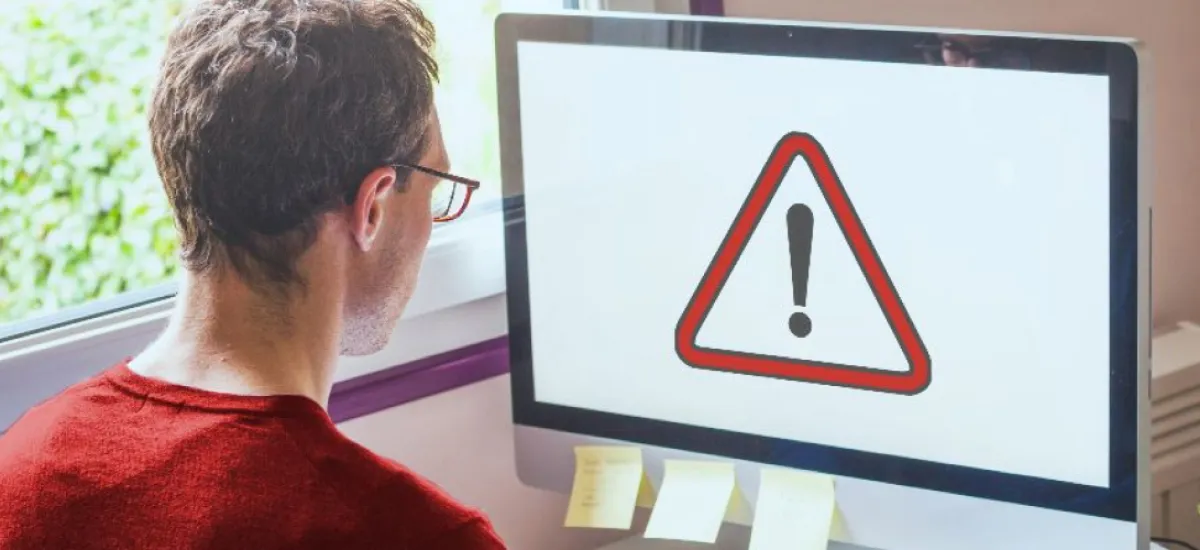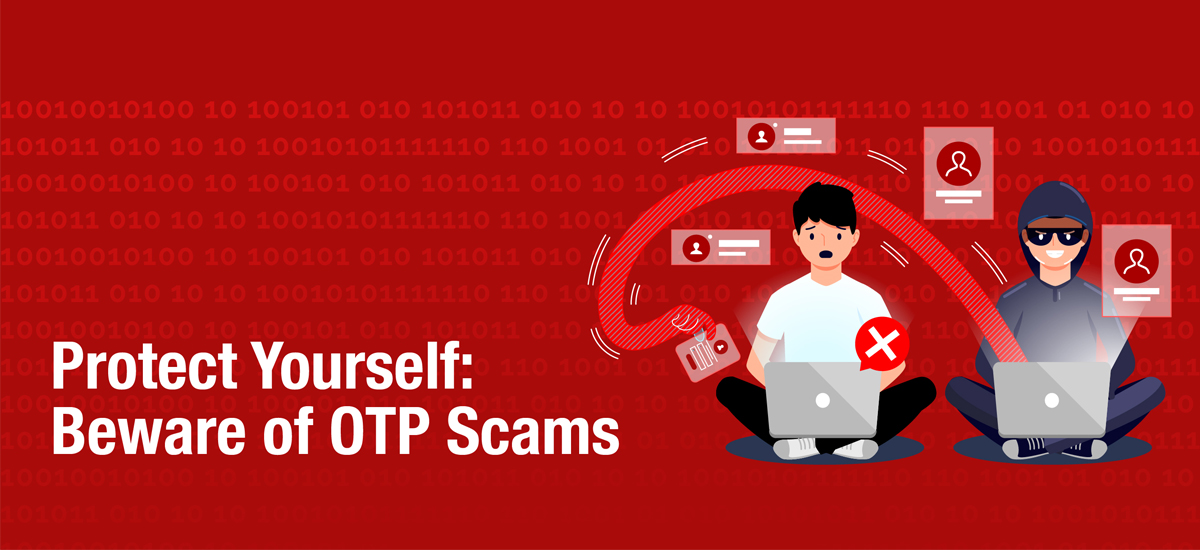With endless online accounts, it can be tempting to use the same, simple password for everything. But password security entails that your account can withstand increasingly sophisticated hackers. Research has shown that most people use the same common password. Therefore, if you’re wondering ‘is my password secure’, you should see if yours is on the list?
Figuring out these simple passwords is one of the main ways hackers gain access to your accounts. Most websites use encryption. However, if your password is a word found in the dictionary, the encryption code will be easy to guess.
With so many key details stored online nowadays, it’s more important than ever to create a strong password for every account. To help you, we’ve put together eight password security tips so you can protect your key data online.
1. Create a safe password
When creating a password, you should make sure that it’s a minimum of 12 characters. Anything less than that would make your password weak and easy to crack. Moreover, the characters shouldn’t just be alphabets but should include both capital and lower case letters, numbers, as well as symbols.
2. Avoid obvious substitutions
High-security passwords are those that are nonsensical. If you’re using a real word or person details, it’s better to swap those with random alphabets that don’t make any sense. Another password security tip is that you should avoid obvious substitutions, like using 0 in place of O and 1 instead of I – as these are easy to hack.
3. Use acronyms instead
If you’re concerned about remembering a complicated password, you might want to use an acronym in its place. An acronym is an abbreviation created using initials of other words. For example, the acronym of “I used to live at number 10 South Street in ’90” will be “Iu2lan10SSi’90”.
4. Change your password regularly
Even if you have a safe password, you must change it every three months. A good way to do this is to set a quarterly reminder on your phone. This way, you can easily change the passwords of your social media accounts, corporate logins, and email IDs.
5. Enable two-factor authentication
You might benefit from adding two-factor authentication if you’re worried about using the same password everywhere, . You should do this for all important accounts, including your email and banking apps. Setting up dual authentication is easy with apps like Google Authenticator, Microsoft Authenticator, and 2FA Authenticator.
6. Activate push notifications
Getting notified the moment your account detects unusual activity can save you from a lot of trouble. With the help of a notification, you can log out any other user from your account and change the password before any further damage gets done.
7. Create a backup
One of the most important password security tips is to create a backup of all your important data. You can never know when or how your password gets hacked, but if it does, you won’t end up losing all your important documents, images, and videos.
8. Act fast
In case you are notified of a login attempt or any unlawful activity on your account, inform the relevant company or bank instantly. And if your email or social account gets hacked, let your friends, colleagues, and family know in case of potential scams.
That said, to ensure password security, you must create a safe password that’s difficult to hack and stay vigilant in case it does. Moreover, if you’re worried about cyber attacks, you can invest in a comprehensive personal cyber risks policy.




























